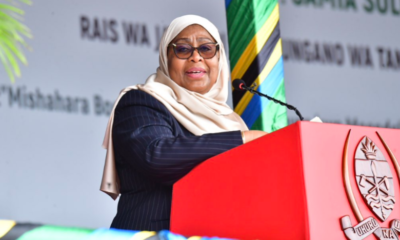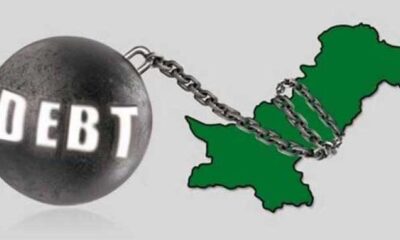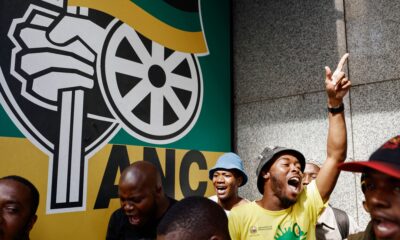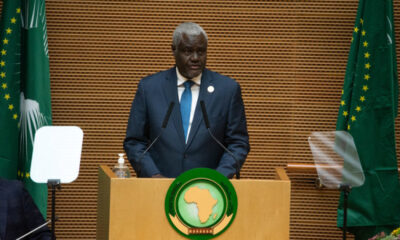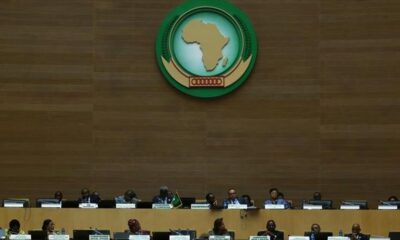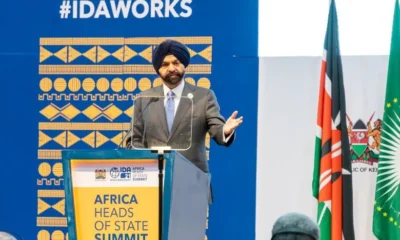The conflict in the eastern Democratic Republic of Congo, the future of the giant country, and that of President Felix Tshisekedi in Kinshasa could be dramatically altered by two distant elections. The first is South Africa’s May election, and the second is the US presidential vote in November.
A region already in turmoil was plunged into a new crisis when the M23 rebels returned to war after a nine-year hiatus, blaming Kinshasa for reneging on the terms of the political settlement that ended the fighting over a decade ago and for the persecution of the Kinyarwanda-speaking people of the country. That persecution has, in recent months, become a full-on ethnic cleansing campaign.
The M23 has since had its tail high, with a string of military victories that have seen it capture swathes of territory. The long-running, largely ineffective UN peacekeeping force, Monusco, which failed to pacify the region, has begun a phased withdrawal, in the face of popular Congolese anger against it.
The East African Community Regional Force (EACRF) was bedevilled by the murkiness of Congolese politics and retreated at the end of 2023 after barely a year.
In Kinshasa, the war rhetoric and accusations and attacks against Rwanda for backing M23 — a charge Kigali denies — has reached fever-high, with President Tshisekedi threatening to march into Rwanda.
That has further inflamed sentiments against Congolese Tutsi, with daily reports and social media videos of lynchings. It also seems to have driven the Kinshasa government into a deeper alliance with FDLR, the largest of the 120 rebel groups in eastern DRC, which comprises elements blamed for the genocide against the Tutsi in Rwanda in 1994, and who fled and set up shop in eastern DRC after their defeat by the ruling Rwanda Patriotic Front (RPF).
In recent weeks, a force from the Southern African Development Community (SADC) has stepped in to help the Kinshasa government. Anchored by South Africa, which plans to have nearly 3,000 troops, it is looking to defy an inescapable trend of the past 60 years: Every foreign force has, in the end, lost its shirt in Congo.
Two South African troops have already been lost in shelling of their camp by the M23, and the rebels are alleged to have shot at one of its helicopters.
The two main opposition parties in South Africa, the Democratic Alliance (DA), seen as a largely white party, and radical Economic Freedom Fighters (EFF) led by Julius Malema, have both been very critical of South Africa’s return to the Congo war theatre. They argue that the South African Defence Forces is a shambles, and the money spent on the DRC intervention would be better invested back home in an economy with the highest unemployment in Africa.
Three months before the election, most polls and analyses project that the ruling African National Congress (ANC) could have its worst performance at the ballot since 1994, when it won power following the end of apartheid.
While it could still win the most votes, it will be less than 50 percent, which will force it to govern as a coalition with parties that oppose its DRC project. A South African withdrawal, or significant cutback, would all but collapse the mission unless Tanzania steps up to the plate.
That is unlikely — at least not until after the October 2025 election. Tanzania, after all, did not join the ill-fated EACRF mission.
A lot would then rest on the US position. The US has flip-flopped on the eastern DRC conflict, bouncing between criticising Rwanda for alleged support of the M23, scolding Kinshasa for aggravation, and playing mediator.
In recent weeks, though, it has cosied up to Tshisekedi, and even briefly whitewashed the FDLR, calling it simply a “negative force,” a move from its previous categorization of it as a terrorist organisation, which seemed to sweep its genocide credentials under the carpet.
Scrambling to stem the shock, the US representative at the United Nations in New York, quickly put the FDLR back into the “terrorist organisation” box.
Regional analysts in East Africa, and many people in Rwanda, think Washington’s posture in DRC is driven by the need to get a slice of its vast precious mineral resources.
They specifically point to the heavily US-backed Lobito Corridor, a 1,344-kilometre railway project linking the Angolan port of Lobito to DRC through Zambia, through several large mineral deposits.
It is also a foil to China’s Road and Belt and would checkmate rival Russia’s further advance towards Southern Africa through a Central African corridor.
Many opinion polls, most of them admittedly shabby, have former US President Donald Trump, who will be the Republican candidate, leading incumbent Democratic President Joe Biden. Trump is an admirer of Russian President Vladimir Putin and will dismantle many of Biden’s sanctions against Russia, imposed after it invaded Ukraine two years ago. He is unlikely to put a premium on the Lobito Corridor, as Biden has.
But, most of all, Trump, wearing his racist cap, didn’t—and won’t—give a hoot about Africa, and will not lose sleep over the DRC.
With the ANC humiliated at the polls and Biden defeated, the geopolitical dynamics that Tshisekedi has exploited against both M23 and Rwanda could disappear. He could be on the run. M23 would get a leg up and, if took most of eastern DRC, it could well finally seek autonomy.
Or Biden could win, as the more thoughtful American pollsters and commentators predict. And the ANC could lose.
Charles Onyango-Obbo is a journalist, writer, and curator of the “Wall of Great Africans”. Twitter@cobbo3
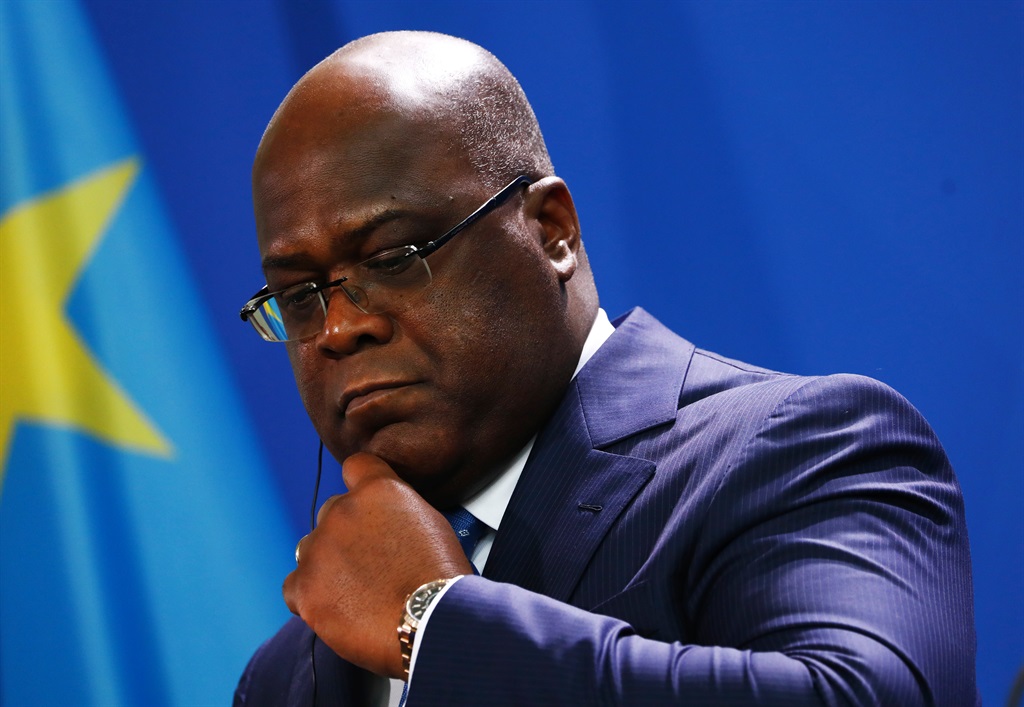

 Sports1 day ago
Sports1 day ago
 Tech2 days ago
Tech2 days ago
 Metro2 days ago
Metro2 days ago
 Metro16 hours ago
Metro16 hours ago

